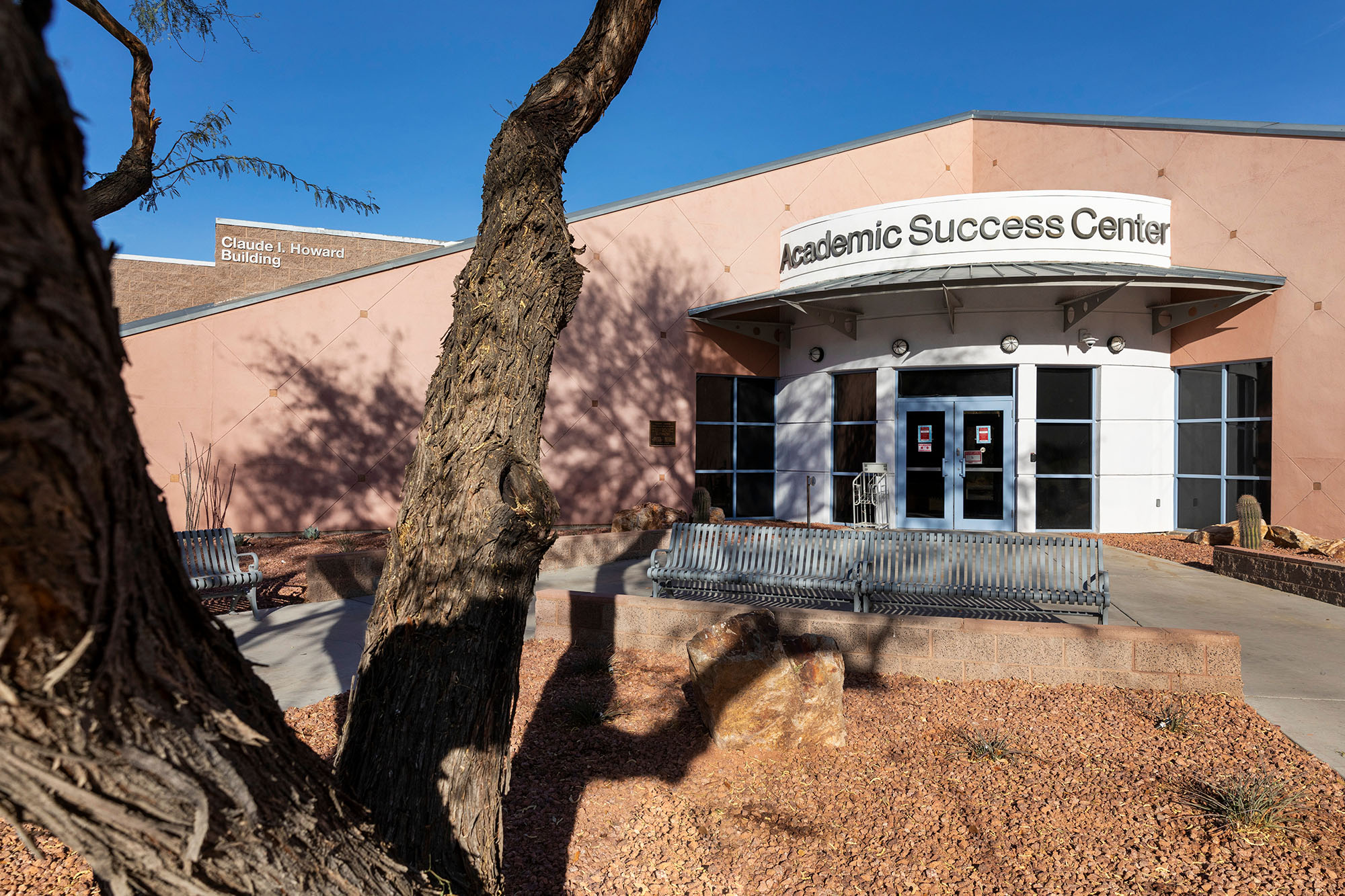
The start of Victoria Pacheco’s college career this past fall was an adjustment from high school, but not in the usual ways.
The freshman did not socialize or explore campus. Her classes were online.
“I don’t like to just sit back and take notes,” Pacheco said. “I don’t absorb as much. I’m a hands-on and visual learner.”
Fortunately, she found a silver lining in her first-year seminar, a class in the Academic Success Center designed for freshmen and others trying to decide their major.
The class was online, but her instructor, Paige Johnson, insisted students keep their cameras on. Johnson required everyone to speak at least once. She encouraged questions, sometimes waiting through uncomfortable silences until someone broke the ice. Group discussions were a must. She also required students to join her regularly in virtual one-on-one check-in meetings.
“The check-ins were awkward at first,” Pacheco said. “But I got a lot out of it. I started developing questions for her ahead of time and we would have really good conversations.”
Johnson calls her style “appreciative teaching,” based on a method commonly used by college advisors – which happens to be Johnson’s former role. This approach is one of the research-based teaching methods showcased in this year’s Best Teaching Practices Expo. Johnson is one of the four distinguished presenters who will share their insights during an online panel discussion on Feb. 12.
As a college advisor, Johnson said she learned students often assume an adversarial relationship with instructors or with education in general.
“A lot of college students see education as a necessary evil, expensive torture,” Johnson said. “But if they feel a professor believes in them, really hears them, then they’re willing to dive deeper and find joy in it.”
The appreciative teaching approach calls for instructors to open dialogue, making room for “thinking out loud” and letting students lead in their decision-making.
“My No. 1 rule in class is that my students have to talk more than I talk,” Johnson said. “I start with 15 minutes of presenting the topic, and then I turn the discussion over to them. I’m also really aware that students may be dealing with a lot of chaos during COVID, so if our discussions could stave off their misery for an hour, then they can make room for feeling empowered.”
Teaching students the power of inquiry is essential for students who are deciding the direction of their college education, she said.
“Part of it is finding their major, and part of it is finding themselves,” Johnson said. “My goal is to provide an environment where they can have that honest discovery that enables them to be self-determining.”
Other aspects of the course focus on time management, study skills, civics, ethics, and health and wellness.
While Pacheco said she still hasn’t decided on her major, Johnson’s course helped her determine at least one path she doesn’t want to take – school counselor.
“I’m thinking maybe communications or journalism or social work,” she said.
"expensive" - Google News
February 04, 2021 at 10:51PM
https://ift.tt/2YKIuVu
College Isn't Expensive Torture! Any questions? | News Center | University of Nevada, Las Vegas - UNLV NewsCenter
"expensive" - Google News
https://ift.tt/2GwwnlN
Shoes Man Tutorial
Pos News Update
Meme Update
Korean Entertainment News
Japan News Update
Bagikan Berita Ini















0 Response to "College Isn't Expensive Torture! Any questions? | News Center | University of Nevada, Las Vegas - UNLV NewsCenter"
Post a Comment